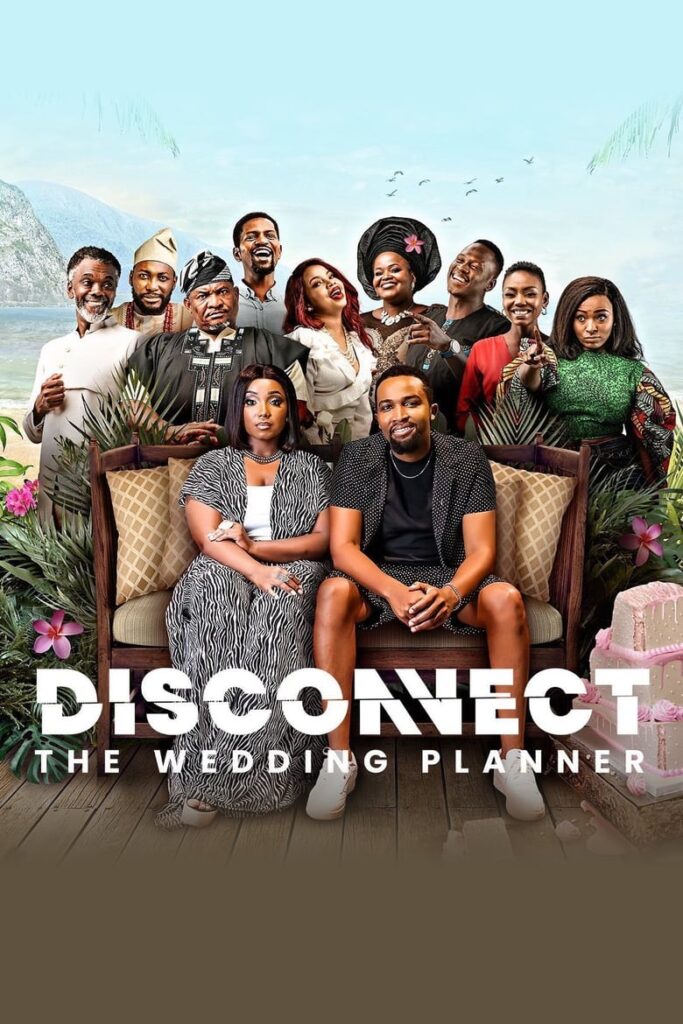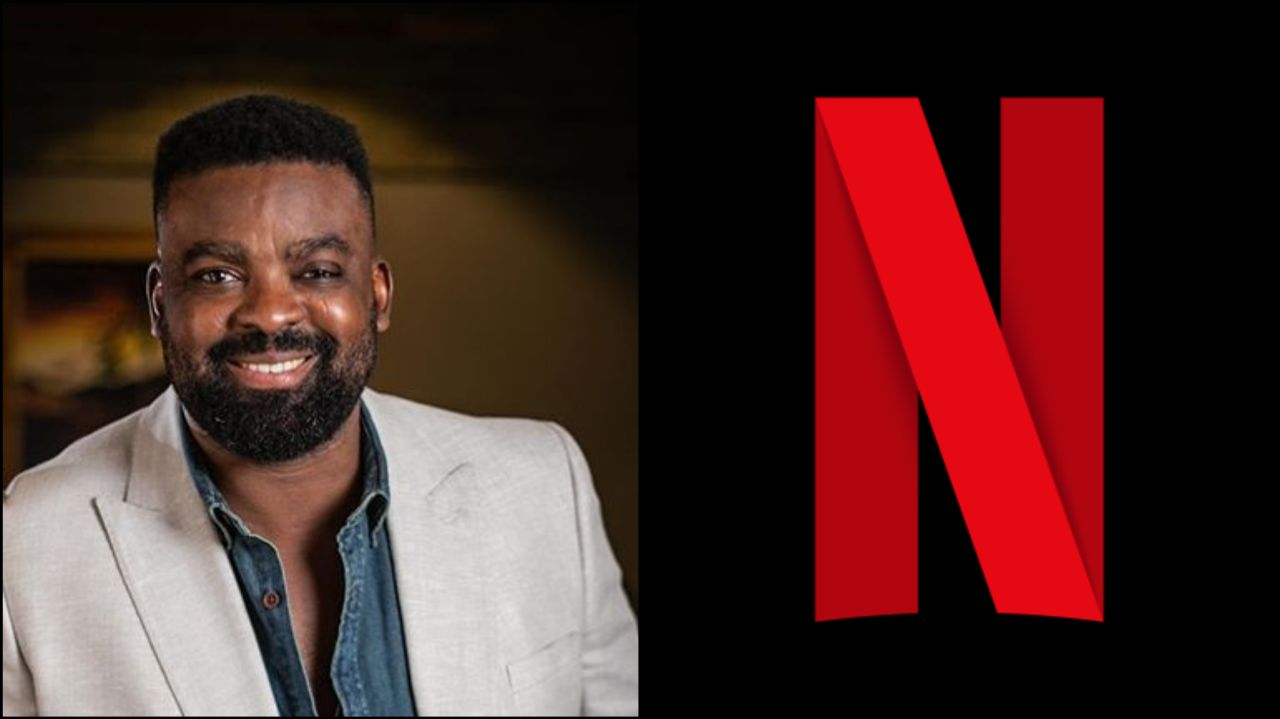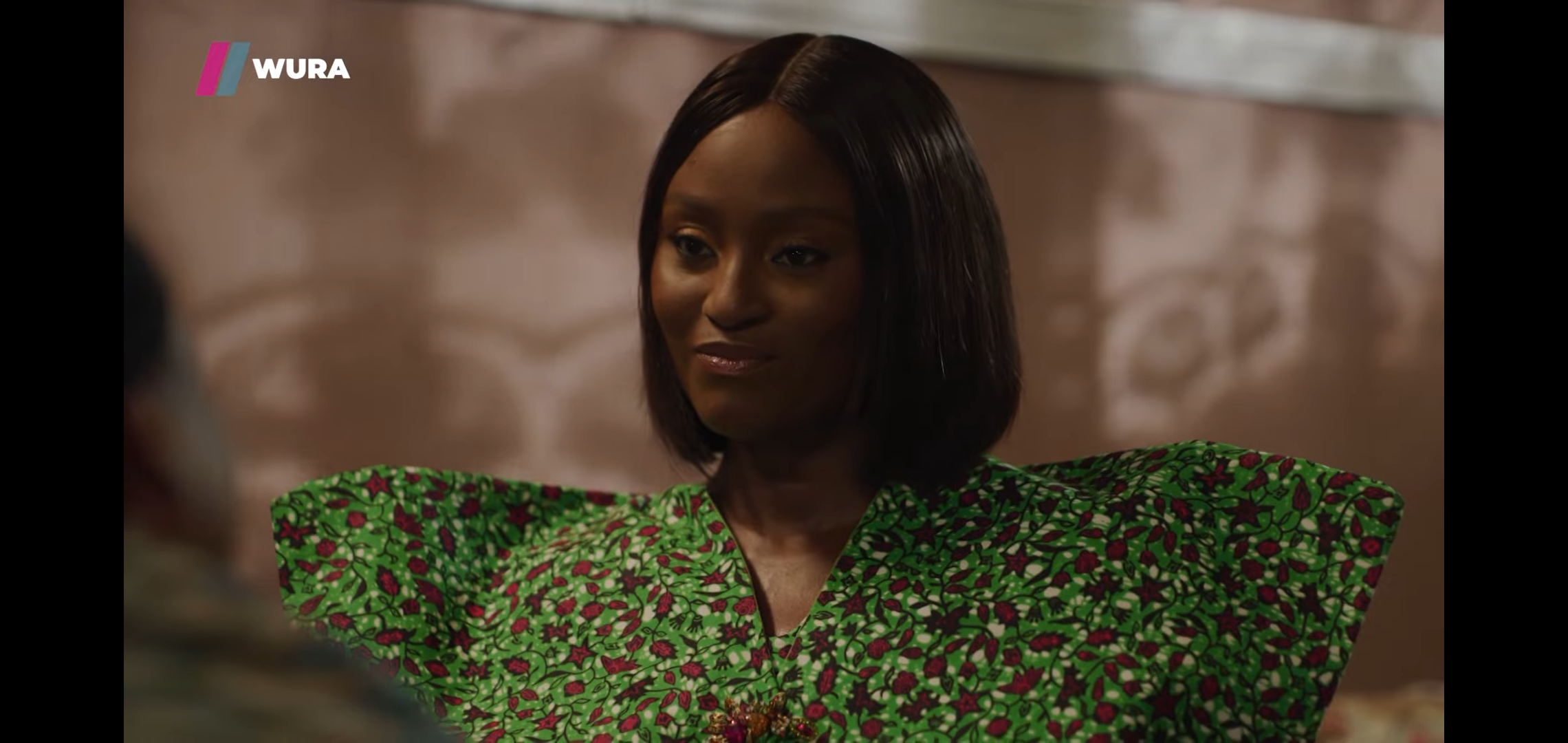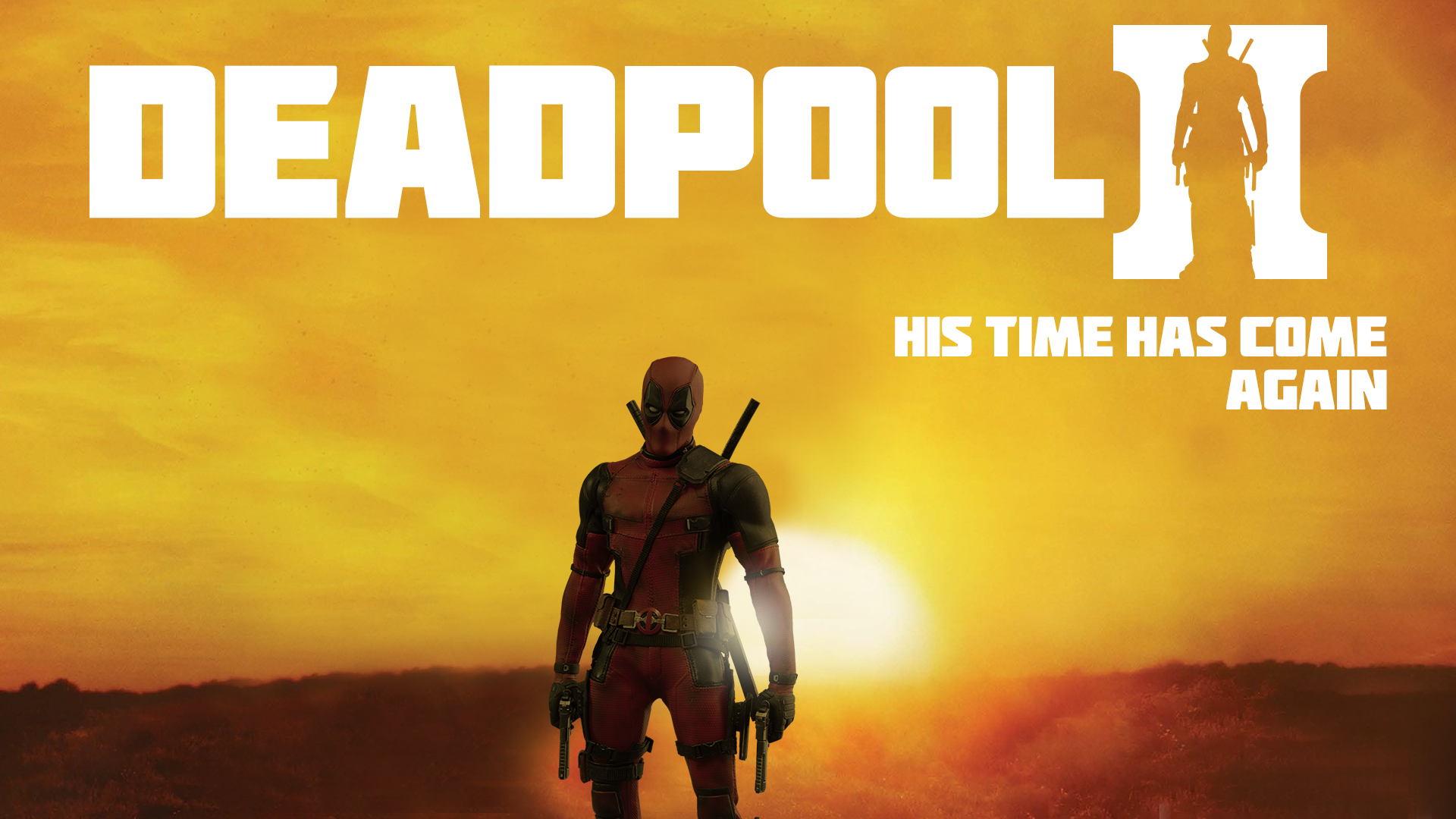If you ever watched Teen Wolf, the MTV high school fantasy drama series that ran from 2011 to 2017, then you’re probably familiar with the riddle, “When is a door not a door?” The answer is pretty straightforward. A door is not a door when it fails to perform its basic function for being a door, which is to keep out the elements, rodents, strangers, thieves. A door is not a door when it is ajar. The construct is still on the hinges and it looks and feels like a door, but it might as well be completely absent.
 ‘Far From Home’ Review: Spiritless Nigerian Young Adult Netflix Drama Series Can’t Forge its Path
‘Far From Home’ Review: Spiritless Nigerian Young Adult Netflix Drama Series Can’t Forge its Path

I could apply this same logic to Disconnect: The Wedding Planner, the latest romantic comedy from Netflix featuring both Nigerian and Kenyan actors, and directed by David ‘Tosh’ Gitonga (Nairobi Half-Life); the film has all the trappings of a romantic comedy, but features a hollow emptiness where viscera should be. So, what do you call a supposed romantic comedy with very little in the way of romance or comedy? What do you call an alleged romantic comedy with barely enough evidence to convict it of that status?
There is very little intentionality both behind and in front of the camera as far as Disconnect 2 is concerned, and it shows. The result is a tone-deaf assemblage of plot, character and theme that is painful to watch and even more painful to write about.
The film begins with a poorly shot, poorly acted scene (which, going forward, proves to be the rule, not the exception) where our protagonist, Otis (Pascal Tokodi), ends things with a woman he’s been dating (because this is one of those stock characters romcoms like to throw at us with a consistency matched only by the rising of the sun in the East and its setting in the West). If you guessed that by the end of the film, he becomes a completely changed man, professing his love to ‘someone who’s been there all along,’ then you guessed right; it also means that like me, you are in dire need of rom-coms that employ their tropes with vigor and nuance, subvert them, or blend them well with those from other genres/subgenres.
Otis, in that very scene, after the woman he has been dating walks out of his life presumably forever, makes passes at some women seated a little distance from his table; ‘serial’ does not even begin to cover the frequency with which he seeks his sexual comforts. When his Nigerian friend, Dele, (Tope Tedela) calls him about business, Otis overhears his fianceé, Rita (Meg Otanwa), complaining about the wedding planner and the general stress of putting such a day together. Eager to impress Dele whom he’s been targeting as a potential investor, Otis, on the spur of the moment, decides to take on the responsibility of organizing a destination Yoruba wedding for the couple in Mombasa, a seaside city in Kenya. Dele agrees and pays Otis some money upfront.
Soon after, Otis hires a wedding planner (a beautiful woman whom he is immediately smitten by and asks out on a date) who it turns out is a fraud– her office is cleaned out the next time Otis is there. After indulging in some heavy day drinking, during office hours no less, Otis decides to give Dele and Rita the wedding they want by going to the seaside resort himself and putting things together; he begs his friends to help him and virtually all of them agree. The film then enters the messy second act filled with even more confusing writing, performance, and editing.
The friends Otis asks for assistance include TK, a self-proclaimed boss lady (only she doesn’t say ‘lady’) and our protagonist’s main love interest; there is a lot of romantic tension between them and if you guessed that they’d end up together at the end, again, you guessed right. Richard (Brian Ogola) and Celine (Brenda Wairimu) have hit a rough patch in their relationship and their hack of a therapist is not helping matters at all (it’s actually quite unfunny how incompetent she is; we see that she’s also having problems in her marriage and the irony could have worked but the scene is shot and acted in such an offbeat manner that the joke fails to land). Khalid (Justin Mirichii) is Otis’ friend and business partner who is rightfully fed up with his antics and bad business decisions. Judy (Patricia Kihoro) finds out her fiance has been cheating on her with a coworker and her characterization is so paper-thin that she could have been absent from the film and it wouldn’t have made any difference (Richard and Celine would still have had their big fight). Otis is divorced, we later find out, and he loves his daughter, but his wife hates his guts because in her own words, she “risked it all for a love that wasn’t there.”
And we haven’t even gotten around to the Nigerian characters who are basically condemned to the background, nothing but window dressing for a half-baked tale of cultural disconnect. We don’t see Dele and Rita after that first scene with them until they arrive in Mombasa. Rita presumably sent Otis an email with instructions for the big day but neglects to contact him when he doesn’t reply. They never find out Otis got duped out of the money they paid him. As a matter of fact, Otis suffers no real consequences for this. His friends help him out anyway, and it doesn’t even cost him the client because Dele was most likely never going to invest in his company at the end of the day. Wale Ojo, Ozioma Jesus, and Francis Onwochei round out the rest of the Nigerians. Where are the other family members? God knows. The wedding ceremony scene in the film feels see-through, and put together as an afterthought, not in any way the destination wedding of a wealthy Nigerian family. Director Gitonga asks of us a suspension of disbelief so great it is bound to hinder our experience of watching the movie to varying degrees.
Throw in a tasteless, overdone joke about a misconception over the sexual orientation of two male characters, along with some pretty offensive slurs delivered casually and not apologized for in any way, shape or form. Dear Africans, it is not okay to call Nigerians, ‘hackers’ or ‘yahoo’– certainly not people who have paid for a service and have received nothing but insults and incompetence. At one point, TK says “…what is this Nollywood shit?…come back here, Patience Ozokwor…” to the mother of the bride and the end of the film couldn’t come quickly enough. In another scene, she calls Nigerians, Naijos, and declares them elitist and pretentious. TK again, almost pounces on the mother of the bride at one point; she would have proceeded to beat the older woman if not that she was restrained by her friends. I feel the need to restate the fact that the Nigerians were really just demanding good service. All of these are supposed to be examples of the disconnect between the two peoples and that’s all well and good. We have our differences. We get into arguments. Hurtful things are said (even though the Kenyans are never stereotyped by the Nigerians). But where was the moment to rectify all these? If those were meant to show the disconnect, where were the ones showing the ‘connect?’ Apart from a scene where TK mentions that Nigerian men are sought after by Kenyan women because their own men are useless (a hurtful generalization again), and a brief moment between Rita and TK where the latter signals being impressed with the way the former has arranged the table flowers, we never see the two groups bond, or the Kenyans come clean about the swindling and apologize to the Nigerians for the poor treatment.
The film frames these instances as jokes (they are not funny in the slightest) and simply hurries along to a climax so earth-shatteringly obvious and unsatisfying, you could see it from space and it would immediately make you hungry and devitalized. I laughed twice, once when Rita snapped at Otis (put Meg Otanwa in all the films) and again when the film ended, because that ending was so abrupt. For context, two minor characters end up together and are even expecting a child, but this storytelling decision feels so forced and disingenuous, just like other character motivations in the story.
Speaking of characters, it was unclear whom we were supposed to be rooting for. The Nigerians are barely in the film. The characterization of Otis and his friends fails to inspire any strong feelings either way. Essentially, the characters are so two dimensional they are transparent, so transparent they’re invisible.
I ask again, what do you call a humorless comedy, and a romance-lacking romantic story? I’m not entirely sure (feel free to drop suggestions in the comments), but Disconnect: The Wedding Planner is its perfect definition, a charisma vacuum in film form. May God have mercy on its soul.
Disconnect: The Wedding Planner is streaming on Netflix.
Share your thoughts in the comments section or on our social media accounts.
Sign Up: Keep track of upcoming films and TV shows on your Google calendar.
Side Musings
- There are moments where Disconnect hints at how good it could have been. One that comes to mind is when Otis and TK are buying flowers and he starts to dance. TK soon joins him and not long after, they lock eyes with the florist. What is supposed to be an embarrassing situation becomes one of joy and camaraderie when the florist endorses the situation by throwing down some dance moves of her own.
- Consider the moment above. Think about how wonderful it’d have been if it was shared with the Nigerians. Say Rita catches Otis and TK at the florist’s dancing to a song by a Kenyan musician. Seeing her, they freeze in their tracks because they’re on the clock. Beat. Then Rita joins them. On the way back, they talk about this moment and Rita reveals how much she enjoys the songs of that particular Kenyan musician. Maybe her parents used to play them a lot when she was younger. Maybe she discovered them in university. Anything. And just like that, you have a moment of ‘connect’. Disconnect almost seems hell-bent on not giving us any backstory for a good number of its characters. Not even a little insight into why they act the way they do.
- Pascal Tokodi clearly has comedic chops and they are fun to watch, but the screenplay does him little favors.






Very apt review. This thing is painful to watch even as Kenyan.